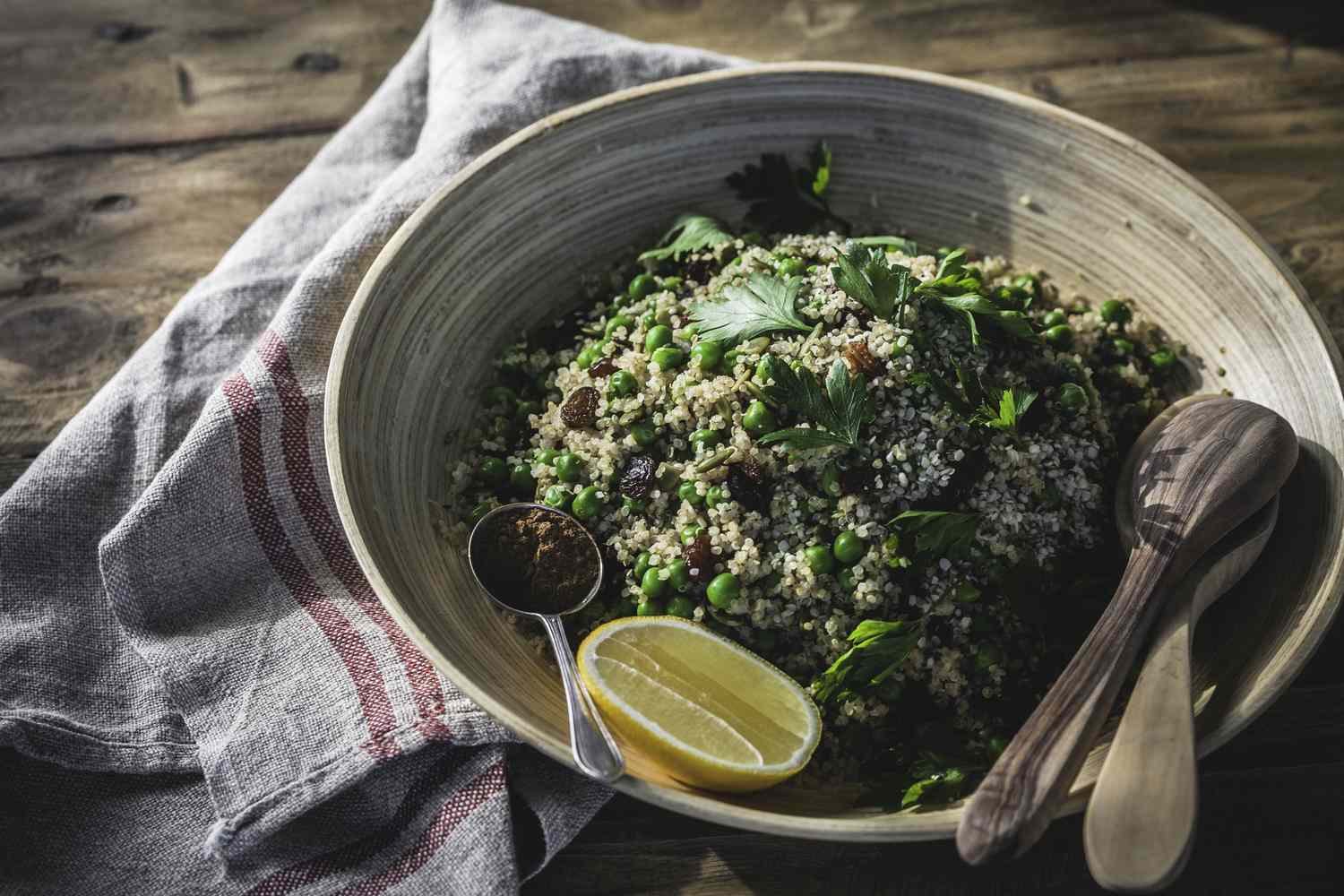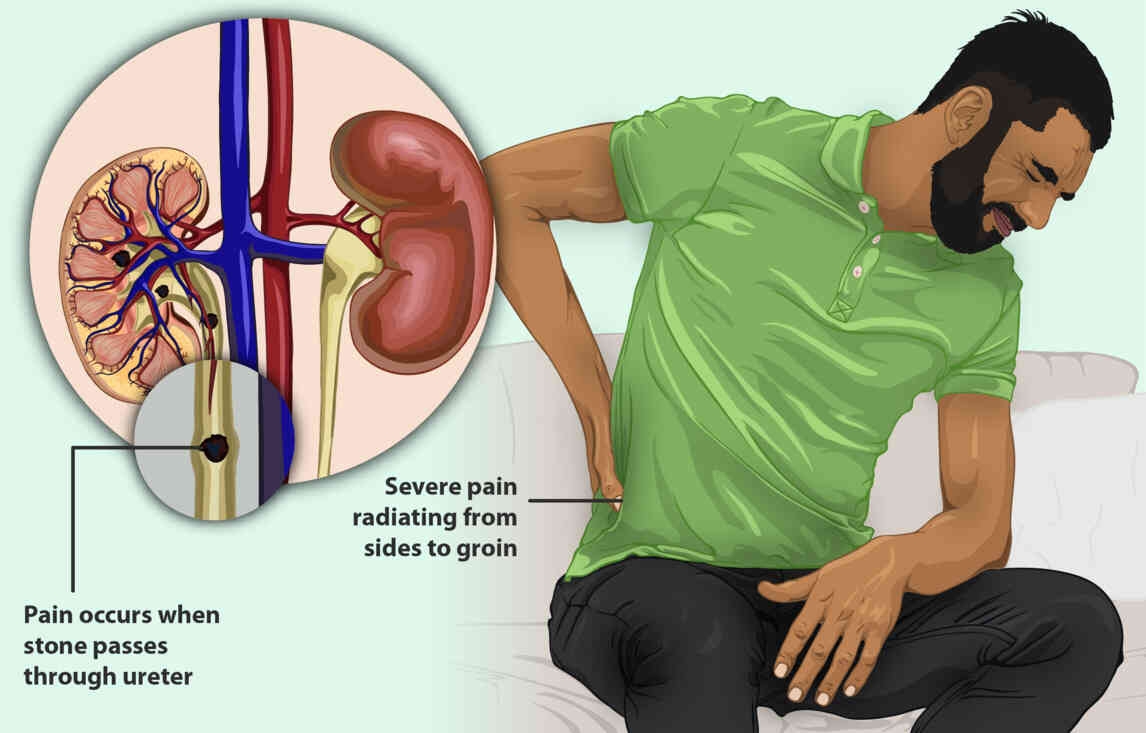
A vegan diet has become an increasingly popular option for those who are looking to make positive changes to their health and lifestyle. While there is a great deal of information out there about the pros and cons of a vegan diet, there is still some confusion about how it compares to other diets when it comes to nutrient density and vitamin intake. In this blog post, we will discuss the differences between veganism, vegetarianism and a diet based on animal products, as well as explore vegan diet and kidney stones.
An Overview of Vegan Diets
If you’ve ever wondered how a vegan diet compares to other diets in terms of nutrient density and vitamin intake, then read on! Vegan diets can provide a powerhouse of nutrients and vitamins, while still being free of animal products. These diets may even reduce the risk of certain diseases, such as kidney stones.
Nutrient Density of a Vegan Diet
If you’re looking to live a healthier lifestyle, you should definitely consider embracing the plant-based life. A vegan diet offers a wide variety of nutrient-dense foods, including fruits, vegetables, legumes, nuts, and seeds. Not only do these foods provide your body with essential vitamins and minerals, but studies have also shown that a vegan diet can reduce the risk of developing kidney stones.
Vitamin Intake on a Vegan Diet
Going green and making the switch to a vegan diet could be the best decision you make for your health. A vegan diet has a plethora of benefits, including a reduced risk of cardiovascular diseases, cancer, and kidney stones. Additionally, it is also incredibly nutrient dense and can provide you with all the essential vitamins and minerals your body needs to stay healthy.
Environmental Benefits
When considering the vegan diet, many people think of the health benefits first and foremost. But there are also some very important environmental benefits to choosing a plant-based lifestyle. From reducing your carbon footprint to saving water and energy, the vegan diet can help you to do your part in saving the planet.
Bringing Balance to Your Life
When it comes to comparing a vegan diet to other diets, one of the main topics of discussion is nutrient density and vitamin intake. Plant-based eating, or veganism, is an approach to nutrition that emphasizes the consumption of fruits, vegetables, legumes, nuts, and whole grains.
Conclusion.
A vegan diet is a great way to get adequate amounts of important nutrients and vitamins needed for a healthy body. The vegan diet has more fiber, antioxidants, and phytochemicals than any other type of diet, and it is low in saturated fat. Additionally, it is a great source of omega-3 fatty acids, which can help reduce inflammation and improve heart health.






